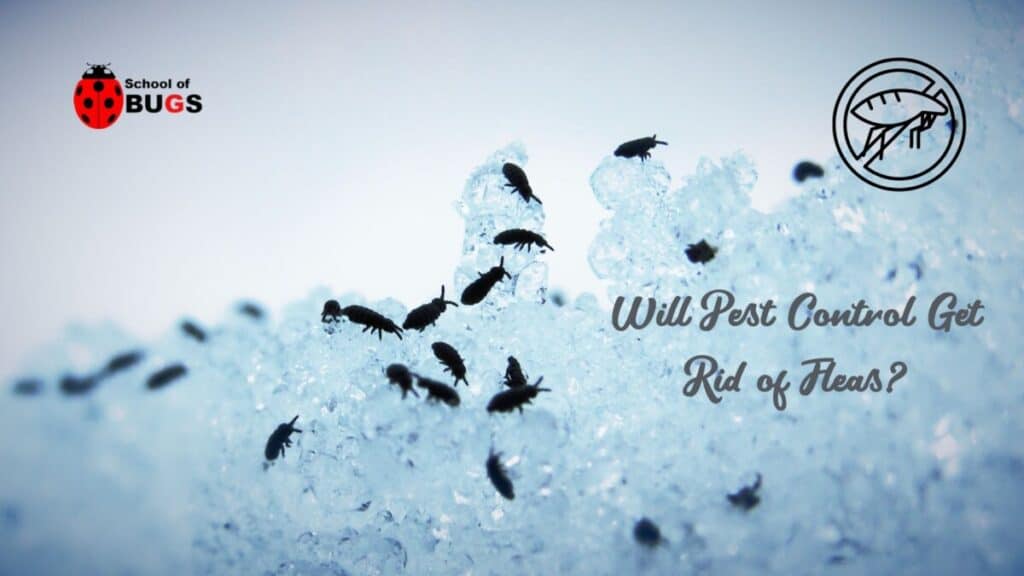
When one thinks of fleas, we almost always think they are a problem reserved for our furry friends. However, this is not the case. Fleas can not only infest your home but use you as a host!
Not only is this horrifying to think about, but it can also lead to bites, allergies, and other possible diseases.
So what happens if you have fleas in your home? Will pest control get rid of fleas? Along with prevention, pest control is an excellent method of eradicating a flea problem.
Continue reading if you want to learn more about fleas and what you can do to ensure they are sent packing.
How Do You Get Fleas?
- Your Pets
- Outside Sources
If you have discovered that you are sharing your home with unwanted guests, you want to know how they got there.
Fleas are quite often brought into the home via dogs and cats, and they are also brought in by other pests, like rats.

The Bubonic Plague started because of infected fleas that traveled on merchant ships via rats. But we have antibiotics now, so there is no need to worry about that!
Your dogs and cats can become infested with fleas from being outside. When those fleas decide to lay eggs on your pet, they can easily fall off on carpets, sofas, or anywhere else your pet relaxes.
Fleas also make great hitchhikers. Because they are small and excel at jumping, they can easily find their way onto your luggage while you stay in an infested hotel or Airbnb.
Before booking any rental place for vacation, be proactive. Google reviews are an excellent way to get information from folks just like you and I.
You should also skip hotels with the cheapest rates because there may be a reason they aren’t charging as much as the hotel down the street.
Flea eggs eventually hatch to a host and become adults who start the egg-laying process over again, quickly leading to a disaster.
Fleas are not only a pain to get rid of but can also cause rashes on you and your pet. They can also transmit diseases such as murine typhus and, yes, the plague. But as mentioned above, both are easily treatable today with antibiotics.
What Does the Flea Look Like?
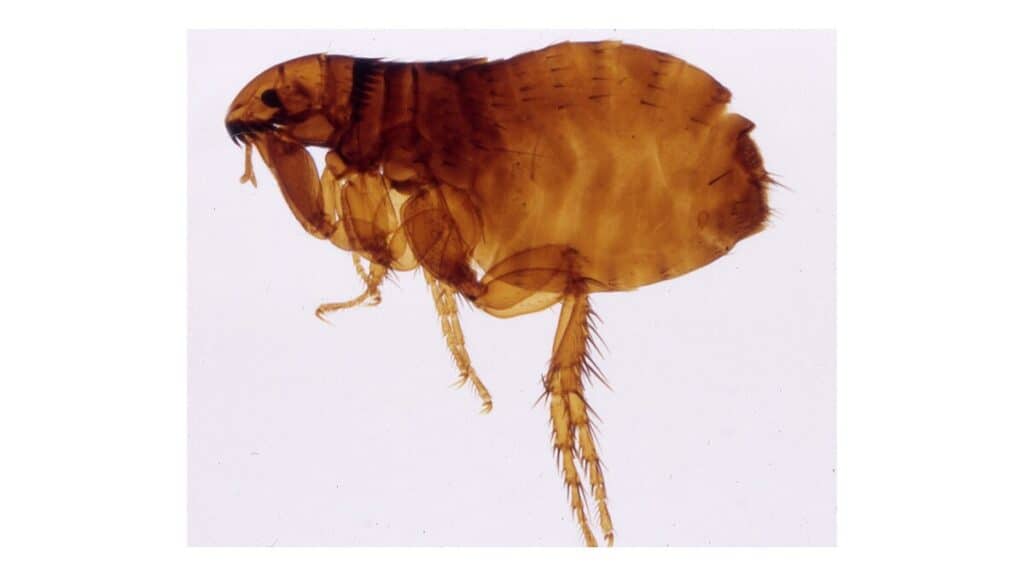
Most adult fleas measure about 1/8 of an inch and are flat and narrow. Because they are so small and their bodies are compressed, it is very easy for them to move through the hairs on animals and humans and carpet fibers.
Adults are red, brown, or black with six legs. They are good jumpers and have mouths that allow them to suck blood.
How Do I Know if I Have Fleas in My Home?
You certainly won’t notice them running across your floors as you might with a spider or a mouse.
One of the first things that might alert you is the behavior of your pets. If your four-legged pal is suddenly scratching and biting at their fur a lot, it may be a sign of fleas.

Once your pet gets an infestation, the fleas will happily move on to other surfaces in your home. You can use a white cloth and sort through your carpet or bed sheets to see if you notice any fleas sticking to the cloth. Angry welts or sores on your pet or you are certainly indicative of an infestation.
Will Pest Control Get Rid of Fleas?
Fleas are pretty invasive and can easily become a major problem for you and your family. During their life span, fleas usually produce around 500 eggs! So just one flea can easily turn into thousands.
Because flea infestations are often more than we handle ourselves, your best bet is to call a professional. Trying to do it yourself can also become very expensive and time-consuming.
Let’s look at why calling in a professional is the best way to eliminate fleas.
- It’s Safe
- It’s Highly Effective
- It Saves on Vet Bills
- It’s More Cost Effective
Safety
Professional exterminators generally use products that are very safe around both yourself and your pets. A lot of over-the-counter products contain chemicals that are dangerous to your loved ones.
Highly Effective
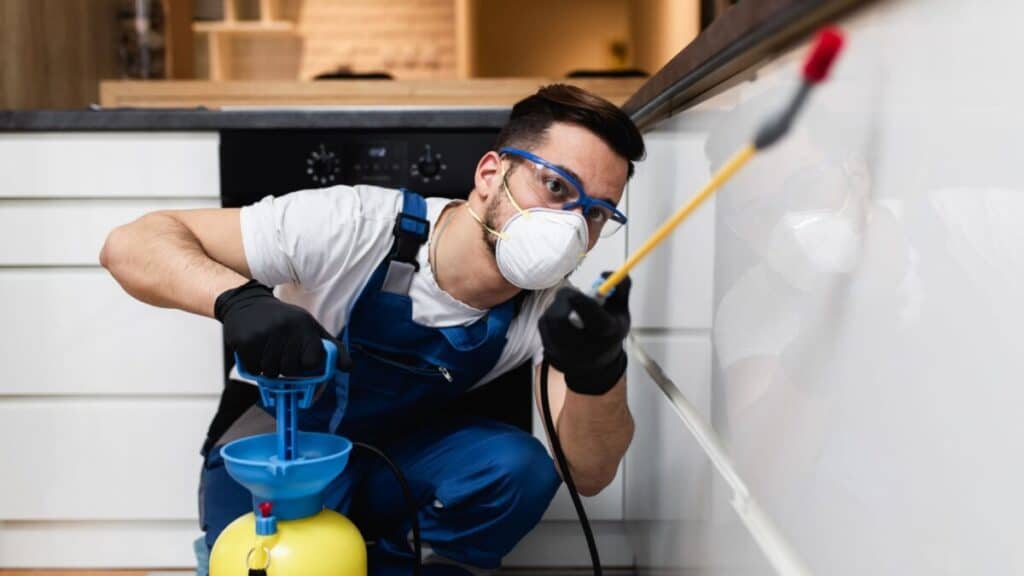
The methods used by a professional pest control company are highly effective. These folks are well-trained in the field and know how to properly identify and treat your flea problem.
Often, do-it-yourselfers don’t eliminate the problem and find themselves with a whole new problem in only a few short weeks.
It Saves on Costly Vet Bills
While using a preventive flea medicine on your pets is a great idea, you still need to get control over an infestation in your home.
Not doing so will continually subject your pet to painful rashes and skin irritation which will likely lead to pricy vet appointments.

More Cost Effective
While people may get sticker shock at the price of an exterminator, in the end, it is way more cost-effective.
Do-it-yourself products aren’t cheap either and can quickly become expensive, especially if you have to continue to use the product. Do-it-yourself products are also not guaranteed to solve your problem.
Fleas Are an Inconvenient Truth
You can treat your entire house and all your pets, but you can’t deal with what is outside your home.
But if you hire a professional, they can immediately identify a problem, eliminate it and reduce the activity of fleas around your home.
Remember that fleas are quick to multiply and can cause a full infestation in no time. So by calling a professional immediately, you are already saving yourself a lot of aggravation.
Pest control professionals can also help you devise a proactive plan for the future to keep your home flea free.
What Can I Do Along With Pest Control?
On top of calling in a professional to eradicate the fleas in your home, you can also do things to ensure the situation stays in full control.
Use a High Powered Vacuum
The most common place you will see fleas in your home is on your carpet, furniture, bedding, and crevices. And, of course, on your pets.
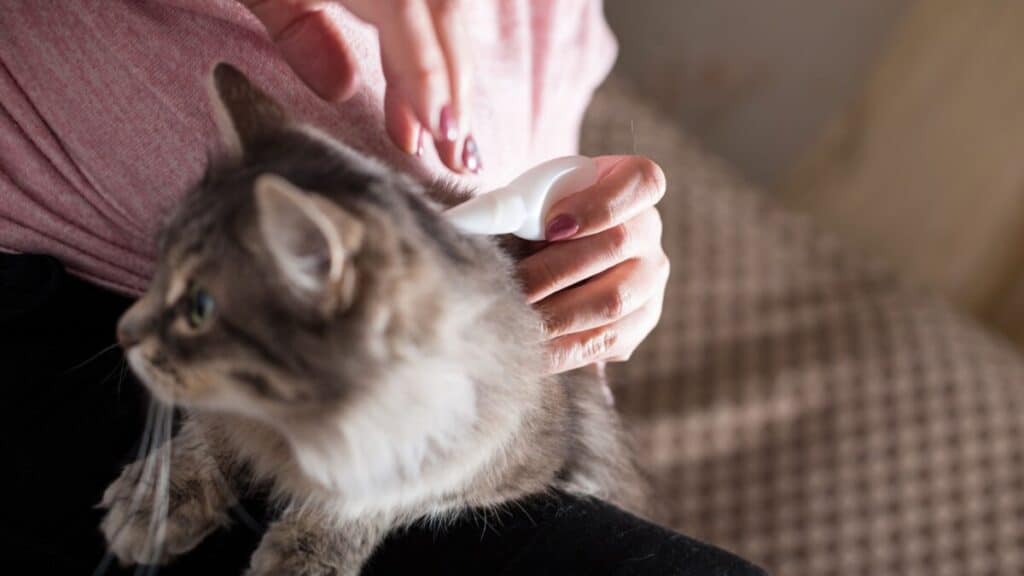
Investing in a high-powered vacuum will allow you to suck up any adults, larvae, and eggs from your carpets and furniture.
Unfortunately, eggs can stick around in cracks and crevices, so use the nifty crevice attachment tool on your vacuum!
As soon as you vacuum, you will want to dispose of the bag in a tightly sealed container that you toss right into an outside trash can.
Keep Up on Your Pet’s Flea Treatment
Making sure you are on top of your pet’s flea treatment is huge. If you slack here, you only invite the problem back into your home and your pet’s life.
Fleas can cause anemia in pets if the infestation gets big enough. A single female flea can drink up to 15 times her body weight in just weeks.
Aside from the other diseases they carry, fleas are a host for tapeworms which can easily be transmitted to your pets.
A tapeworm infection in a dog is also something that needs to be treated right away.
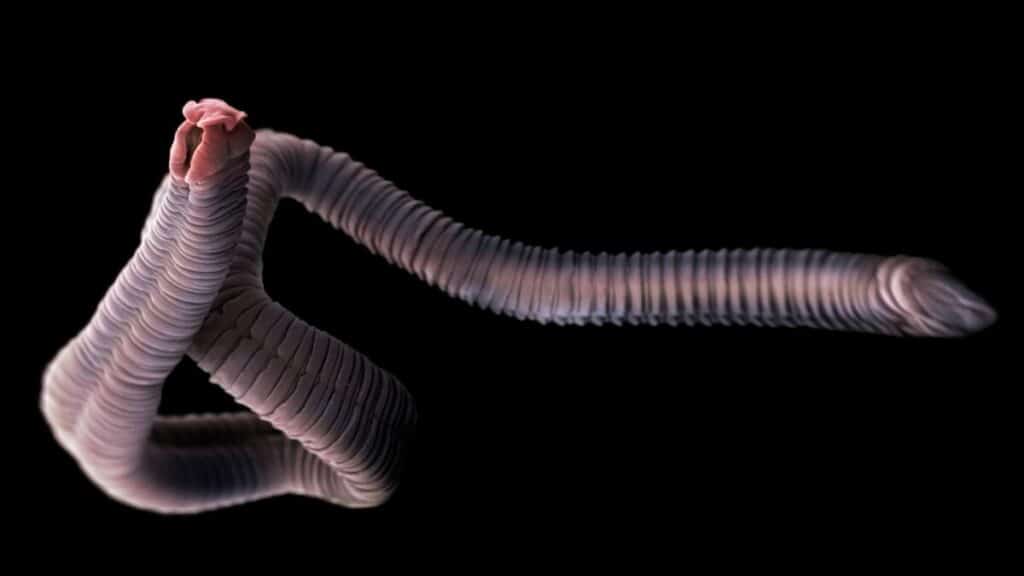
So How Do I Treat My Pet for Fleas?
Your veterinarian likely carries plenty of products to help combat and prevent a flea infestation in your pet.
These are common in the form of an oral or topical medication that is usually administered once a month or every few months.
Many of these products also contain medication to prevent intestinal and heartworms, so you kill two birds with one stone.
Most of these products contain something called an insect growth regulator ( IGR), which will stop larvae in their tracks.
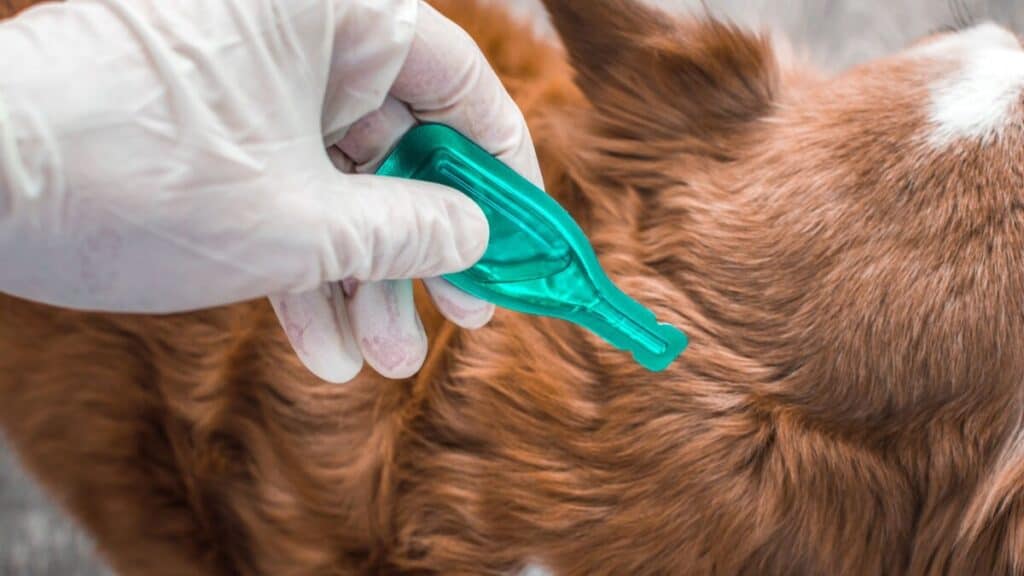
Don’t Forget to Treat Your Pet’s Environment Too
Not only your pet but her environment needs to be treated for fleas to treat every stage of the insect’s life.
If your professional pest control doesn’t have something specific for your animal’s surroundings, you can use a spray that contains an IGR.
The spray needs to be used where your animal frequents your home. This is where the flea eggs and larvae will be hanging out. Treat your dog’s favorite napping areas, such as his bed or the sofa, or the carpet.
Spray in and around cushions and any walls your pets sleep against if your pest control professional hasn’t done so already.
The Last Word on Fleas and Pest Control
If you have tried and failed to rid fleas from your home using over-the-counter methods, you should call in some professional reinforcements. Consider this if you are moving into a new home too.
Why not eliminate the problem before the fleas find their way onto your carpet, furniture, and pets? Keep up on your treatments, too, as this will dramatically reduce the chance of having another infestation.
Conclusion
Fleas are annoying pests that will happily make themselves at home in your belongings and the fur of your poor pets. These pests can be a danger to you and your animals in the form of diseases, irritation, and allergies.
But by calling in a professional pest control company, you have the upper hand on flea control. Along with being proactive and taking care of your pet’s needs, you shouldn’t have too much to worry about when it comes to fleas.
Alright, that’s it for this article, here are a few hand-selected articles that you might also find interesting reads:
Does Lysol Kill Fleas?I’ve seen one flea; should I be worried?
Should I Sign Up for a Pest Control Subscription Service?
Recent Posts
Tiny Black Bugs in Bathroom NO WINGS: What They Are and What to Do!
Finding tiny black bugs in your bathroom can be uncomfortable, to say the least. Especially if they are persistent, or they appear in very large numbers, which they often like to do. When it...
Tiny Black Bugs in Plant Soil - What Are They & What To Do About It
A short horror story: You get a new houseplant. You do your best to take care of it. You’ve ensured that it has the right soil, the right amount of sun, it gets enough water. And then one day, you...

